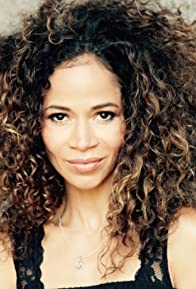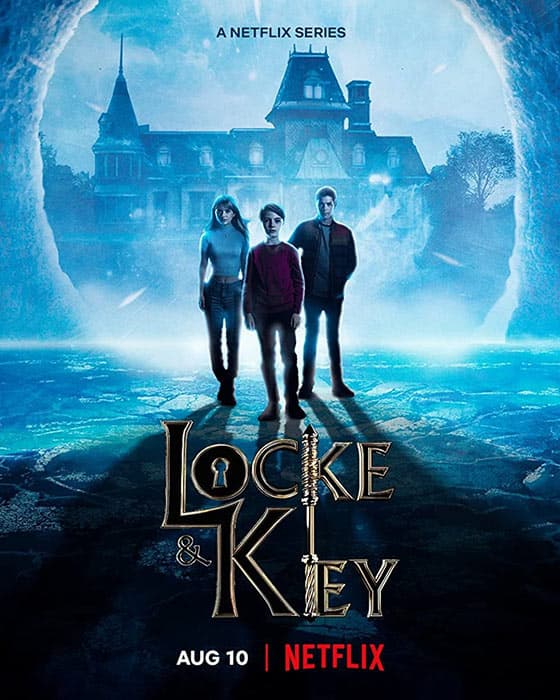Locke & Key
Discover the episode guide, facts and series transcripts.
Here's what we have on Netflix's, "Locke & Key". And, you can also read and download the transcripts, here, at 8FLiX.
Series Logline.
After their father is murdered under mysterious circumstances, the three Locke siblings and their mother move into their ancestral home, Keyhouse. Soon after, they begin discovering magical keys that could be connected to their father's death. Netflix
"Locke & Key" Status Report.
What we know and what we don't.
Here are the basics:
- Season 3 of "Locke & Key" concludes the series. There are no plans to further the series.
Discover the "Locke & Key" scripts, cast, facts and more!
Before downloading what we have, take a look around.
Meet the cast and writers of Netflix's "Locke & Key". Also, get the poster while you surf over to the official website and discover other sources. CLICK or TAP the SUPPLEMENTS button for more.
And, for the "Locke & Key" scripts, transcripts, episode summaries and more, keep scrolling!
Read and Watch
Compare the scripts to each episode, with 8FLiX and JustWatch.
Now that you have the transcripts, watch "Locke & Key" and compare. We've partnered with JustWatch so you can make that happen.
Here's our stash of "Locke & Key" scripts, transcripts and other swag.
Have a look at our "Locke & Key" scripts and transcripts from each season. You can go ahead and CLICK or TAP the button to go directly to the transcripts page.
For the TELEPLAY version, look for the appropriately labelled button.
Looking For Something?
If you can't find what you're looking for here, send us an email. We take requests, too!
If you're searching for a specific movie or TV show/series, please let us know. 8FLiX has more than 10,000 scripts and screenplays. Not all are currently listed here. Eventually, they'll all be available to download (but certainly not in your lifetime). To avoid waiting decades for 8FLiX to add the script that you're looking for, send us an email. You still may have to wait, but it'll be days rather than generations. You can SEARCH our site when you're ready!















































